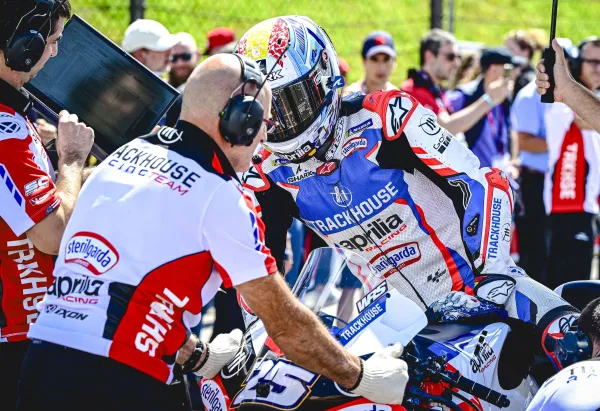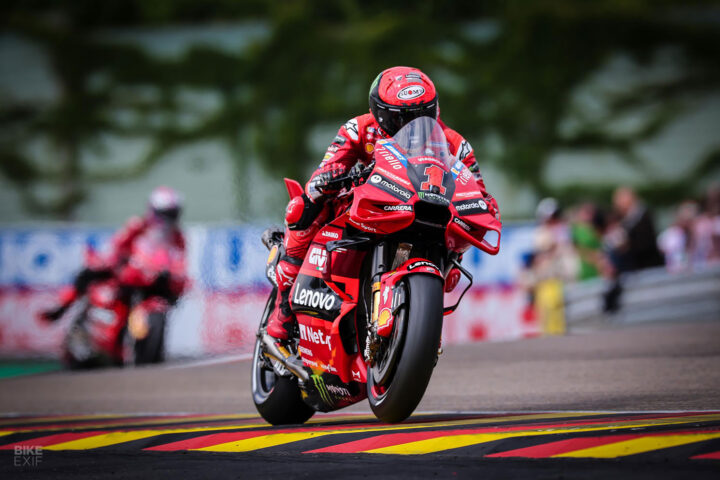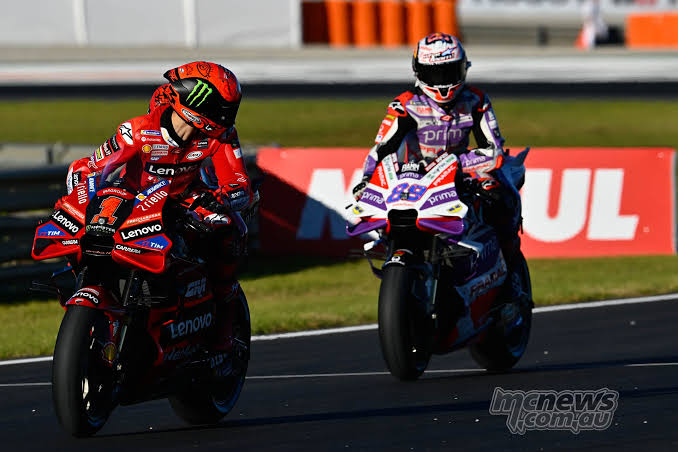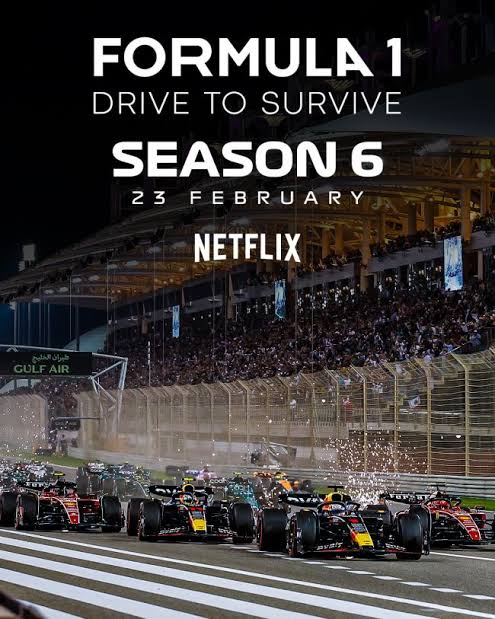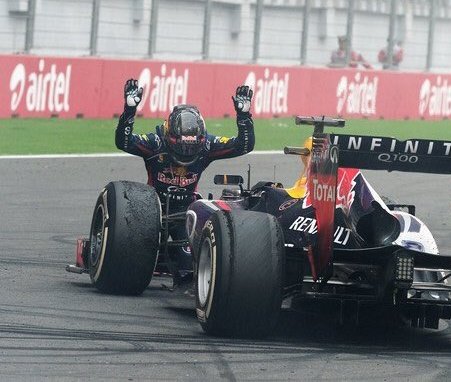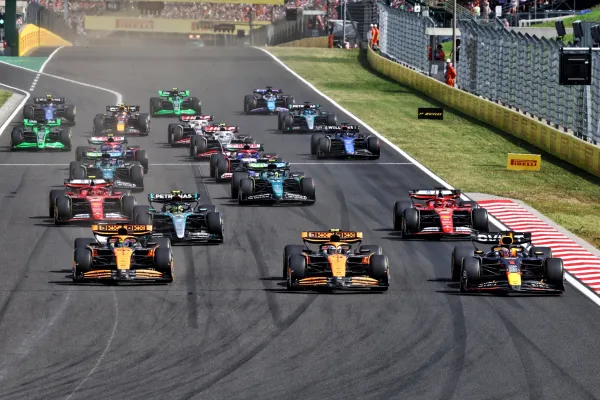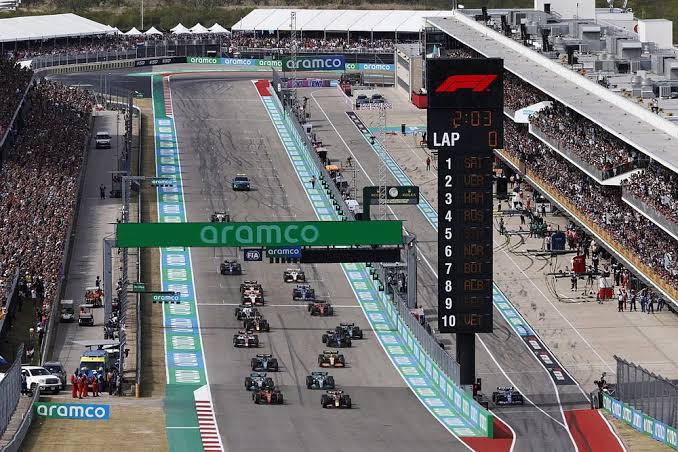Why Verstappen Is Right And Wrong In His Criticism Of Las Vegas?
Verstappen’s critique of the Grand Prix in Las Vegas is a combination of legitimate worries and personal opinions. Let’s examine both sides of the dispute to see why his opinion could be regarded as both correct and incorrect.
Why Verstappen Is Right:
1. Maintenance of Sporting Integrity: Verstappen’s worries about the Las Vegas Grand Prix placing an excessive amount of emphasis on entertainment are in line with the necessity of maintaining Formula 1’s sporting integrity. The competition, talent, and technology developments are the three main components of the sport; any departure from these principles could lessen its essence.
2. Educational Value for Fans:
Formula 1 is a highly technical sport with many moving parts. It makes sense for Verstappen to emphasize teaching fans about the sport. It runs the risk of ignoring the educational components that help fans comprehend and value Formula 1 if enjoyment takes precedence over all else.
3. Finding a balance between innovation and entertainment is essential-
It’s important to push the sport’s technological limits while still putting on a fun show. Verstappen’s critique might be an expression of worry that the competitive and inventive elements that distinguish Formula 1 could be overshadowed by an excessive focus on entertainment.
Why Verstappen Is Wrong:
1. Evolution of Motorsport:
Over time, Formula 1 and other forms of motorsport have changed, adding entertainment components to appeal to a wider audience. Verstappen’s unwillingness to adjust to the evolving demands and tastes of his fan base may be the reason for his resistance to this evolution.
2. Global Appeal and Fan Engagement:
The aim of increasing worldwide appeal and fan involvement is the driving force behind Formula 1’s growth into new locations, including Las Vegas. Adding entertainment components is a calculated move that will draw a wide range of spectators and guarantee the sport’s survival in a dynamic environment.
3. Subjective Nature of Entertainment:
Fans and organizers may have a different perspective on what one driver considers to be excessive entertainment. Verstappen’s criticism might have its origins in personal preferences, and it’s important to acknowledge that the perfect balance between sport and entertainment is a subjective concept.
In conclusion, Verstappen’s criticism of the Grand Prix in Las Vegas is understandable given his concerns about preserving the competitive spirit of Formula 1. It also focuses on the current discussion inside the sport over how to change and appeal to a wider audience without losing sight of its fundamental principles. Whether it is correct or not, this discussion adds to the ongoing conversation regarding Formula 1’s future and how to best accommodate both ardent followers and novices.


